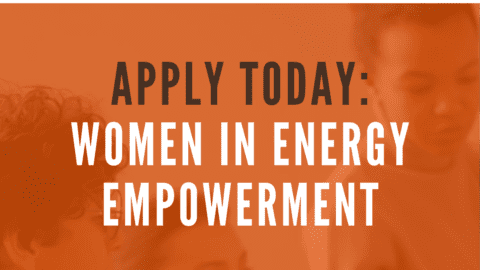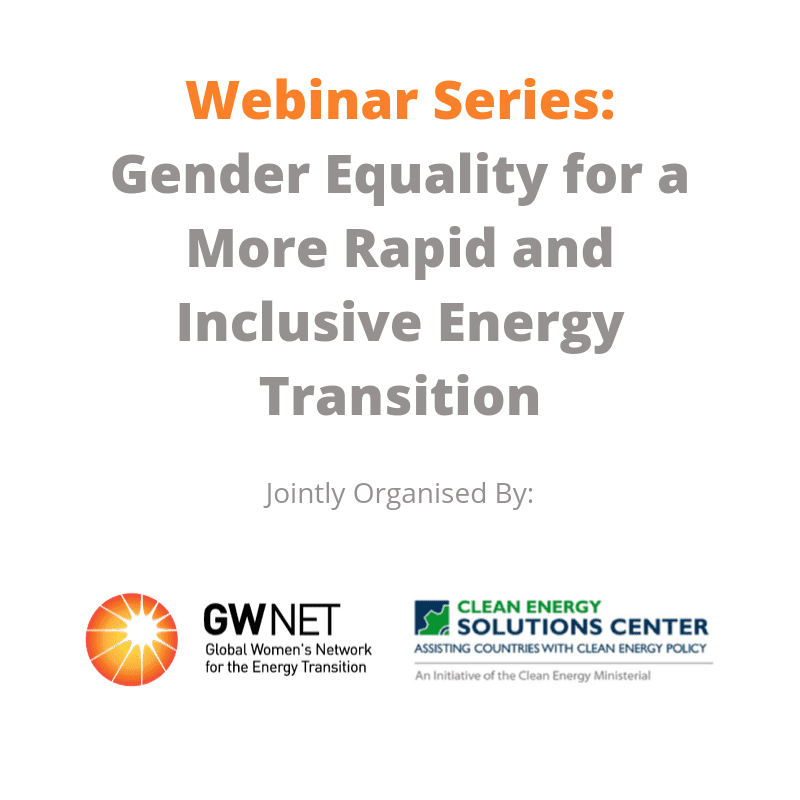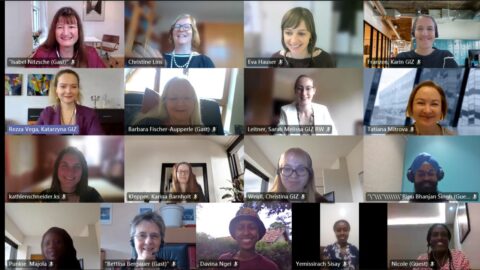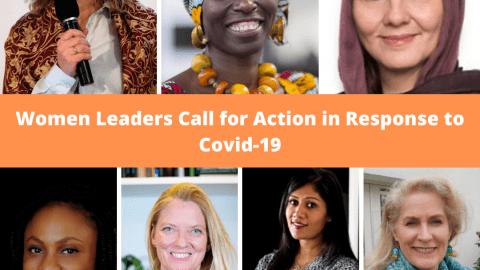Written by GWNET Senior Advisor, Irene Giner-Reichl
Every year a consortium of SDG-7 “custodians” – the International Energy Agency (IEA), the International Renewable Energy Agency (IRENA), the United Nations Statistics Division (UNSD), the World Bank, and the World Health Organization (WHO) – track progress towards the goal of sustainable energy for all, as enshrined in SDG 7.
This year’s report, presented on 1 June shows that achieving SDG7 will require additional efforts. Here are some stark facts:
733 million people still have no access to electricity, and 2.4 billion people still cook using fuels detrimental to their health and the environment. At the current rate of progress, 670 million people will remain without electricity by 2030 – 10 million more than projected last year.
According to UN Energy, the COVID-19 pandemic has been a key factor in slowing progress toward universal energy access. The impacts of the COVID-19 crisis on energy have been compounded in the last few months by the Russian invasion of Ukraine, which has led to uncertainty in global oil and gas markets and has sent energy prices soaring. Advances in SDG 7 have been impeded particularly in the most vulnerable countries and those already lagging in energy access. Nearly 90 million people in Asia and Africa who had previously gained access to electricity, can no longer afford to pay for their basic energy needs. Sub-Saharan Africa’s share of the global population without electricity jumped to 77 per cent in 2020 from 71 per cent in 2018 whereas most other regions saw declines in their share of the access deficits.
Progress on increasing the percentage of renewables in the overall final energy consumption is also way too slow. While renewables increased from 16.1 % in 2010 to 17.7 % in 2019, they would need to reach 30% in 2030 in order to achieve the Paris climate change goals. Energy efficiency goals are not met either.
Already before the onset of COVID-19, international public financial flows to developing countries in support of clean energy have shown a decreasing trend, despite the immense need for sustainable development in most countries and the growing urgency of climate change.
The full report can be found here. The website allows you to also search for country-specific results.
For Angola, e.g., you might find these results:
![]()
The SDG 7 Tracking Report is complemented by a series of briefing papers, which examine regional trends and interlinkages between SDG 7 and three other SDGs (on education, gender equality and land use). 2022-UN SDG7 Brief-060122.pdf
For the Arab Region, e.g. the Briefing Papers recommend i.a.
- To integrate sustainable energy action plans into development strategies with clear SDG targets and set ambitious GHG reduction targets;
- To identify and manage interlinkages between SDG 7 and other SDGs, such as education, gender equality, and impact on life on land and below water;
- To implement decentralized renewable energy solutions, especially in remote areas without grid connectivity;
- To invest in technical capacity-building, and involve all stakeholders in decisions and implementation;
- To tap into climate finance and leverage public finance to catalyze private financing for the deployment of decentralized electricity and clean-cooking solutions.
With regard to the interlinkages between SDG 7 and SDG 5 on gender equality, the Briefing Papers emphasize, i.a., that the dearth of gender data and lack of consistency in data collection is a serious issue that needs to be brought to the attention of the energy sector, an issue that GWNET has also repeatedly raised.










